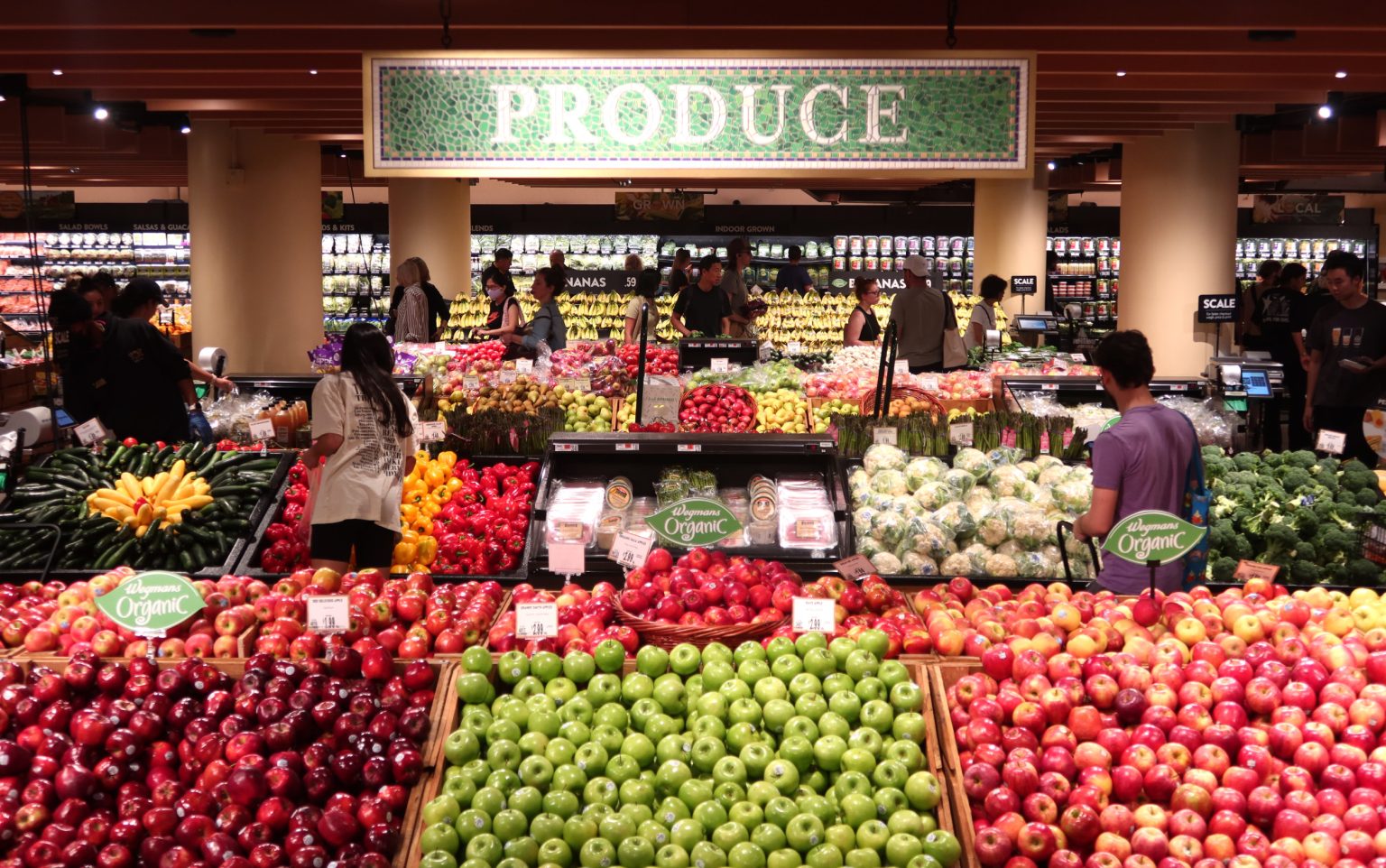The Rural Prosperity and Food Security Act of 2024, proposed by Senate Agriculture Committee Chairwoman Debbie Stabenow, aims to protect conservation and climate funding as well as the Supplemental Nutrition Assistance Program (SNAP). However, a Republican draft of the law could result in significant cuts to monthly benefits, with potential cuts totaling $30 billion over a decade. This could mean that the average household loses $7 in monthly benefits, impacting families already struggling to make ends meet.
Finance experts like Michael Ryan and Alex Beene have expressed concerns about the potential impact of these cuts on SNAP recipients. While the decrease in benefits may seem minor, it could have a significant impact on nutrition quality and the ability to afford fresh produce. The goal of making SNAP more “cost neutral” could result in decreased benefits for those who rely on them, raising questions about whether the revisions will be adequate to meet the growing demand for assistance in the face of rising prices and potential economic challenges.
If the proposed law is passed, it would end the rule prohibiting SNAP payments from going to people convicted of felonies, allowing incarcerated individuals to apply for benefits 30 days before their release. While this change may face backlash, other aspects of the law, such as streamlining the application process, could be beneficial overall. Kevin Thompson believes that a streamlined application process would allow more people to receive benefits, reducing food insecurity and promoting economic productivity among recipients.
The law also includes provisions that would exclude income from employment and training programs from being counted as income for SNAP purposes, potentially increasing payments for certain individuals. This proposal comes at a time when other legislation, such as the RESTORE Act, seeks to expand SNAP eligibility to individuals with drug offenses. The aim is to provide support for those in need, recognizing the importance of SNAP as a lifeline for families facing financial challenges and ensuring access to basic nutrition to prevent food insecurity among vulnerable populations, especially children.
The proposed changes to SNAP benefits under the Rural Prosperity and Food Security Act of 2024 highlight the ongoing debate around the program and the need to balance fiscal responsibility with addressing the growing demand for assistance. While the law could result in cuts to monthly benefits for some recipients, it also includes provisions that aim to streamline the application process and expand eligibility to previously excluded groups. As lawmakers consider the potential impact of these changes, experts emphasize the importance of ensuring adequate support for vulnerable populations and the role of SNAP in alleviating food insecurity and promoting economic stability. Through ongoing discussion and debate, policymakers seek to find common ground in addressing the diverse needs of individuals and families who rely on public assistance programs like SNAP.


